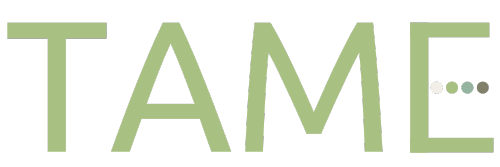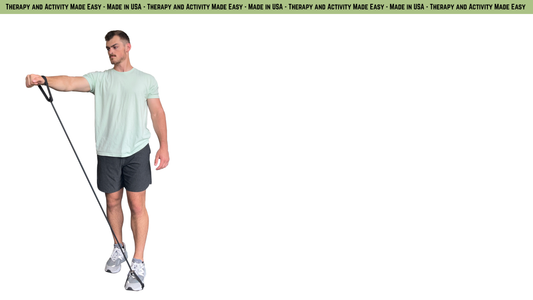
7 Nutrients Your Body Needs During the Healing Process
Introduction
When it comes to healing, our bodies are remarkable machines. Whether it's recovering from a sports injury, surgery, or simply bouncing back from a common cold, our bodies rely on a variety of nutrients to repair tissues, fight off infections, and regain strength. While rest and physical therapy play crucial roles in the recovery process, the importance of proper nutrition should not be overlooked. After all, food is fuel, and providing your body with the right nutrients can significantly speed up the healing journey. Let's get into seven essential nutrients your body needs during the healing process.
1. Protein
Known as the building block of life, protein is vital for tissue repair and muscle regeneration. Whether you're recovering from surgery or trying to heal a strained muscle, ensuring an adequate intake of protein is crucial. Include sources such as lean meats, fish, eggs, dairy products, legumes, and nuts in your diet. Aim for a balanced intake throughout the day to support ongoing repair and recovery.

2. Vitamin C
This powerful antioxidant plays a pivotal role in wound healing by promoting collagen synthesis, a protein essential for skin repair. Incorporate citrus fruits, strawberries, kiwi, bell peppers, and dark leafy greens into your meals to boost your vitamin C intake. Including these foods not only supports your body's natural healing mechanisms but also boosts your immune system, helping to fend off potential infections.

3. Omega-3 Fatty Acids
Found in fatty fish like salmon, mackerel, and sardines, as well as in flaxseeds, chia seeds, and walnuts, omega-3 fatty acids possess anti-inflammatory properties that can aid in reducing swelling and inflammation associated with injuries. Including these healthy fats in your diet not only supports healing but also contributes to overall cardiovascular health.
4. Zinc
Often referred to as the "healing mineral," zinc is essential for immune function and wound healing. It plays a crucial role in cell division and tissue repair, making it a vital nutrient during the recovery process. Incorporate zinc-rich foods such as shellfish, lean meats, poultry, legumes, seeds, and nuts into your diet to support optimal healing.
5. Vitamin A
Critical for maintaining the integrity of epithelial tissues, including the skin and mucous membranes, vitamin A supports wound healing and immune function. Foods rich in vitamin A include sweet potatoes, carrots, spinach, kale, and liver. By ensuring an adequate intake of vitamin A, you provide your body with the necessary tools to repair damaged tissues and fend off infections.
6. Magnesium
Often overlooked but essential for muscle function and relaxation, magnesium plays a crucial role in the healing process. It helps regulate muscle contractions and supports the function of hundreds of enzymes involved in tissue repair. Incorporate magnesium-rich foods such as leafy greens, nuts, seeds, whole grains, and legumes into your diet to support muscle recovery and overall healing.
7. Vitamin D
Known as the "sunshine vitamin," vitamin D plays a vital role in bone health and immune function. It aids in calcium absorption, which is crucial for bone repair and remodeling. While sunlight is the primary source of vitamin D, you can also obtain it from foods such as fatty fish, fortified dairy products, and egg yolks. Ensuring adequate vitamin D levels not only supports bone healing but also enhances overall immune function, which is essential for a speedy recovery.

Conclusion
In addition to focusing on these specific nutrients, it's essential to maintain an overall balanced diet rich in fruits, vegetables, whole grains, lean proteins, and healthy fats. Hydration is also key for supporting the body's natural healing processes, so be sure to drink plenty of water throughout the day.
Remember, every body is different, and individual nutrient needs may vary based on factors such as age, gender, health status, and the nature of the injury or illness. Consulting with a registered dietitian or healthcare professional can help you tailor your diet to meet your specific needs during the healing process.
In conclusion, while physical therapy and rest are crucial components of the healing journey, proper nutrition plays an equally important role. By providing your body with the essential nutrients it needs to repair tissues, fight off infections, and regain strength, you can support a faster and more effective recovery. So, fuel your recovery with nourishing foods and give your body the support it deserves on its healing journey.







